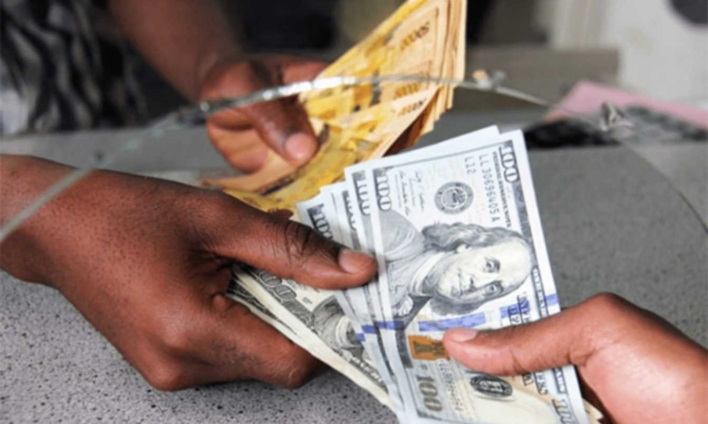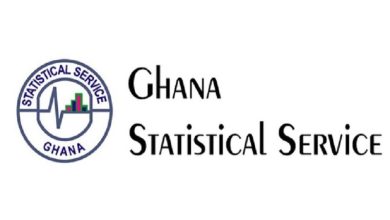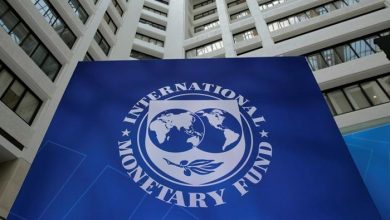Economists react to BoG’s new forex directive

Economists have expressed mixed views on the Bank of Ghana’s (BoG) latest directive restricting commercial banks from making foreign currency cash payments to large corporations unless the withdrawals are backed by equivalent foreign currency deposits.
Speaking on the Asaase Breakfast Show on Friday (22 August), Professor Eric Oteng-Abayie of KNUST, Dr Frank Bannor of Africa Policy Lens, and financial analyst Kwaku Adoboli said the move highlights both the urgency of stabilizing the cedi and the risks of further disrupting business operations.
“A Temporary Fix” – Prof Oteng-Abayie
Prof Oteng-Abayie noted that this is not the first time the BoG has introduced such forex restrictions. Similar measures were rolled out in 2014, including limits on cash withdrawals.
“The Bank of Ghana knows the periods when large corporations demand forex to repatriate profits or settle external obligations. This policy is meant to preserve reserves, stabilize the cedi, and reduce speculative demand,” he explained.
He stressed, however, that such measures are usually temporary stopgaps rather than long-term solutions. “Historically, forex controls only work when paired with broader reforms—fiscal discipline, export competitiveness, and investor confidence. Without structural economic changes, the cedi’s long-term stability cannot be sustained.”
“Policy is Regressive” – Dr Bannor
Dr Frank Bannor was more critical, arguing that the policy risks undermining progress made in liberalising Ghana’s forex market.
“There seems to be an obsession with hitting a particular exchange rate target, which is worrying,” he said. “The BDCs [Bulk Oil Distribution Companies] alone require about $400 million monthly. Yet BoG’s bi-weekly forex auctions only release about $20–40 million, leaving a huge gap that banks traditionally help cover.”
According to Bannor, preventing banks from extending forex credit lines will disrupt critical sectors like petroleum and mining. “This policy is regressive. It could erode business confidence and push companies into the black market,” he warned.
“BoG is Tightening the Leash” – Adoboli
Financial analyst Kwaku Adoboli explained that the BoG’s directive is an attempt to prevent banks from extending more dollar-denominated credit than they can back with reserves.
“Ultimately, the problem is Ghana’s dependence on foreign capital. The BoG has already spent $4.4 billion defending the cedi this year, moving it from 15 to 10 against the dollar. But because there hasn’t been any structural change, the pressure is back, with the cedi sliding to 10.80 last week,” Adoboli said.
He added that while the directive could improve transparency and discipline in the forex market, “it risks short-term liquidity crises for corporations and may drive more demand into informal channels.”
Long-Term Concerns
All three panelists agreed that the directive underscores a deeper problem: Ghana’s import-dependent economy. Prof. Oteng-Abayie emphasised that until the country diversifies its exports and reduces reliance on unprocessed commodities, no amount of forex intervention will deliver lasting stability.
“The conversation always circles back to restructuring the economy,” he said. “Without a serious blueprint for agriculture and industrialisation, we will keep returning to temporary fixes that disrupt business without solving the root causes.”
Business and Investor Confidence
While the directive could help curb speculative forex demand in the short term, experts warned that businesses are already facing difficulties sourcing even small amounts of foreign currency.
“Every investor wants certainty and transparency,” said Prof. Oteng-Abayie. “If policies create delays, shortages, and extra documentation burdens, investor confidence will take a hit.”
Still, he noted a possible silver lining: “This measure could bring discipline, forcing businesses to plan forex needs in advance rather than relying on opportunistic withdrawals.”
The economists agreed that the Bank of Ghana’s directive reflects a balancing act between stability and business continuity. While it may temporarily ease pressure on reserves and strengthen the cedi, it risks creating cash flow problems for large corporations and fueling black-market activity unless accompanied by deeper economic reforms.










